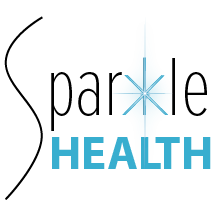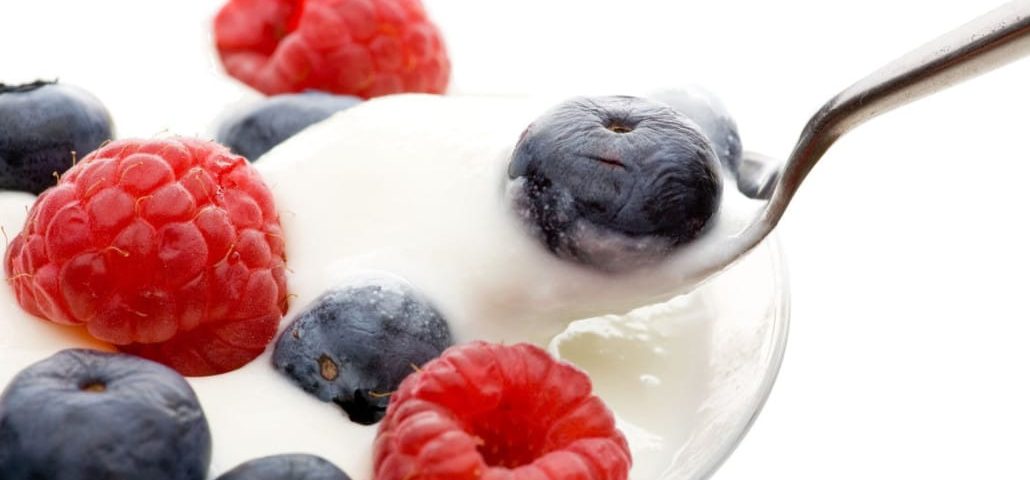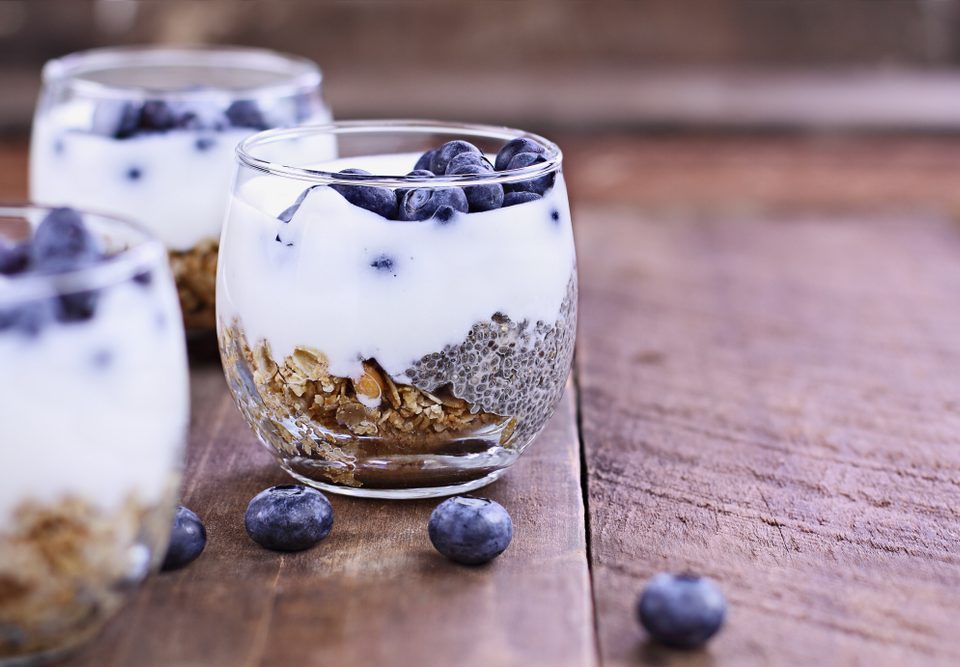Eczema- Can Probiotics Help?
Have you had the experience of laying next to your sleeping child listening to him/her scratch all night? It is absolute torture to know your child is uncomfortable and not getting restorative sleep. I used all the usual “external” methods of steroid creams, bleach baths, wrapping at night. During this time, I started to learn about functional medicine and how what is going in the digestive tract can affect our immune system and our skin is a reflection of the internal biology. Paying attention to the “internal factors” can improve the external barrier of the skin. I started to apply what I was learning and gave my son probiotics everyday. His skin began to slowly improve. Sure, maybe a coincidence but I have seen this many times since for kids and adults with atopic dermatitis or eczema. There is improved success combining a inside and outside approach to heal the skin. Probiotics, working to improve the gastrointestinal microbiome is part of that “inside approach”. This recent January 2018 study caught my eye. It is a randomized controlled trial of children with eczema. One group received mixed probiotics (specifically Bifidobacterium lactis, Bifidobacterium longum, and Lactobacillus casei) and the other group placebo. The treated group over the course of 12 weeks experienced significantly less symptoms and less topical steroids were used. Probiotics are helpful in the treatment plan for kids with eczema.
Can you prevent eczema with probiotics?
What about prevention? There is a higher incidence of atopic dermatitis and allergy in general. Is there anything we can do preventatively during pregnancy and during infancy to PREVENT eczema. Sigh….if only I knew then what I know now. There are multiple studies showing that probiotics taken during pregnancy, specifically strains of Lactobacillus (L. rhamnosus and L. reuters) can reduce incidence of eczema. Beneficial probiotic bacteria is also found in fermented food such as pickles. It makes you wonder if there is a reason some pregnant women crave pickles! There is also some evidence if given during infancy there is a reduced risk of childhood eczema.
Of course there can be other “inside” factors for eczema including food sensitivities, identifying and treating potential gastrointestinal pathogens such as yeast, bacteria and parasites, optimizing fatty acids such as omega 3 fats and other essential nutrients such as vitamin D and zinc. History of cesarian section and antibiotic use also can influence the microbiome (of the skin and the GI tract) and consequently affect the immune system balance. There appears to be no negative consequences of probiotic intervention so in my mind, it should be included as part of the plan for prevention and treatment of eczema. Consult with your healthcare provider for proper dosing of probiotics.
References:
JAMA Dermatology 2018 Jan 1;154(1):37-43. Navarro-Lopez et al. Effect of Oral Administration of a Mixture of Probiotic Strains on SCORAD Index and Use of Topical Steroids in Young Patients With Moderate Atopic Dermatitis: A Randomized Clinical Trial.
Allergy 2015 Nov;70(11):1356-71. Zuccotti et al. Probiotics for prevention of atopic diseases in infants: systematic review and meta-analysis.





